Speech and language games
As SLP's, we sometimes need very specialized tools to do our jobs well- video fluoroscopy machines for swallowing evaluations, specific sound stimuli for articulation therapy, or eye-gaze AAC devices for clients. Sometimes, though, we need items that can help us target the goals for the maximum amount of students/clients/patients on our caseload. Hence, my list of go-to games for maximum engagement! Whether you work in the schools or in a medical setting, these games are sure to be a hit!
Affiliate links included for your convenience.
2 Comments
An updated version of this post is now hosted on my Private Practice SLP site.
We've all been there: after 280173 iterations of your therapy schedule, you still have a lot of mixed groups. What to do when you have little Johnny working on prepositions, little Suzy working on past tense verbs, and little Kimmy working on /r/? Enter my secret weapon: interactive books! Here's how I use them to target every goal on my caseload:
Research has shown that incorporating movement into learning is the best way to engage children and encourage generalization of skills. I love a good worksheet now and then, but when you are first teaching a concept, using manipulatives (SLP-speak for "items you can move around") and the children themselves is the best way to get them learning. We also know that literacy instruction is important. My favorite way to combine the two to target every goal on my caseload is through using interactive books. What is an interactive book, you ask? It's a book that "requires participation and interaction by the reader". In the case of most interactive books for speech, this involves pieces that the student can attach to various parts of the book to answer questions or interact with the story. Below is an example of one you can find in my TPT store, "Leo's Lunch for /L/ and /L/ blends".
If you're like me, you might love the *idea* of continuing education, but finding the time and money for it is the hard part! In my state (PA), SLP's have historically been required to have a Teaching Certificate, which mandates 180 hours of continuing education every 5 years (that's 36 hours per year), along with the hours we need for ASHA and our state licenses. It can be a headache trying to figure out what counts for which license! Thankfully, I have found some great sites that offer online webinars and courses for free.
It's almost that wonderful time of year again- Back to School time, when the new school supplies are wafting their irresistible scent from the Target aisles and school employees everywhere are doing our best to enjoy these last few days of summer. It's also almost time to start seeing Speech Room Style pics all over social media, with amazing rooms/closets/offices decorated by creative SLP's from around the world. I love to see their creativity in action, but as an itinerant SLP, I can never really join in. For most of my career, my car trunk has been my office, and I didn't even have a permanent desk spot until last year. I know I'm not the only one, so I wanted to give some tips that have helped me stay organized on the road. Amazon and TPT links included for your convenience.
It's only July, but many parents are already thinking (dreaming? ) about their children going back to school. The districts near me start back the last week of August, which is only 8 weeks away! As a speech therapist, parents often ask me if their preschooler is ready for kindergarten. In my district, children must be 5 years old by September 30th in order to enter Kindergarten each fall. When I was growing up, the cut-off date was in October, but there was more leeway and I was able to start as a 4 year old with a November birthday. My mom said that I nagged her to go to kindergarten, so off I went! Back then, I remember learning some letters, doing a lot of crafts, and finally mastering how to tie my shoes that year, but the expectations for current kindergarten students are much higher.
So school has been in session for a little while. Things are going well- your child is having a good time, you haven't forgotten anyone's lunch, and you've gotten them to school (mostly) on time every day! Then one day your child comes home with a form that says they failed their speech and language screening. It hits you out of the blue- your child isn't doing as well in school as you'd hoped. You have so many questions- Does this mean they are dumb? Did I do something wrong in raising them? Where do I go from here?
Don't worry, I am here to explain the process of speech and language screening in schools. I have worked in schools for many years, and the screening process is similar across most districts.
Back-to-school time: when the smell of new crayons, paper, and books fills the air, and parents and kids are counting down the days (for different reasons). Back-to-school sales are in full swing and kids need the latest and trendiest school supplies. I have worked at least partly in schools for my entire career, so I have never had to miss the thrill of excitement I get from shopping for new pens, paper, and other school supplies. As each year gets in to gear, however, I have noticed that a lot of kiddos start the year thinking they have everything they need for school, but end up needing my speech services as the year progresses. According to ASHA, speech and language impairments can negatively affect child's school work in the following ways:
|
About MEI'm Jill! I love to create and blog about fun, evidence-based resources that make the lives of parents and busy SLPs easier.
�
Archives
February 2018
Categories
All
|
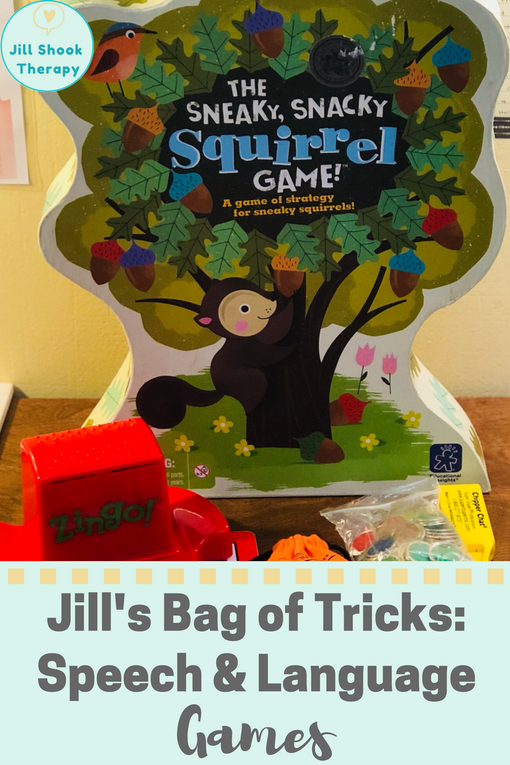
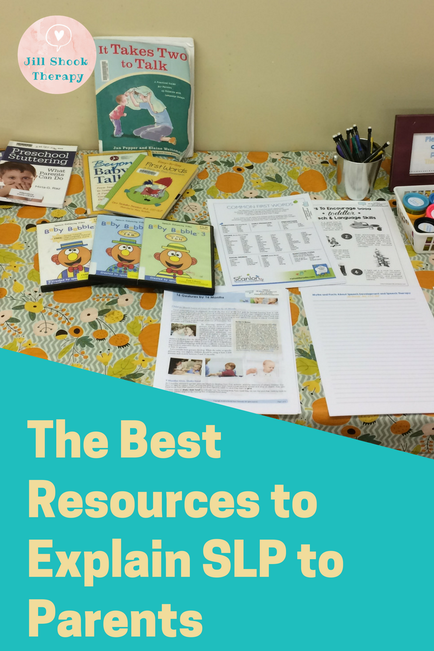


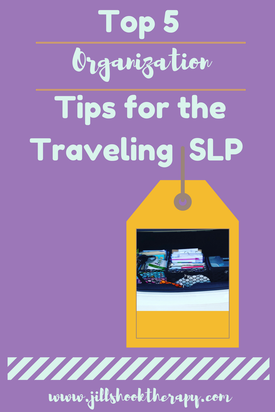
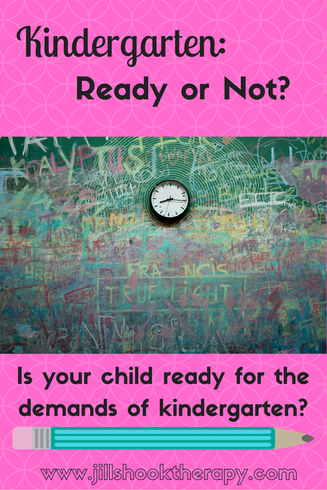
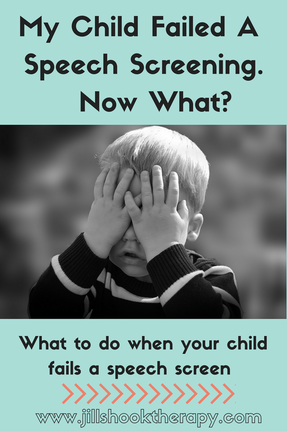
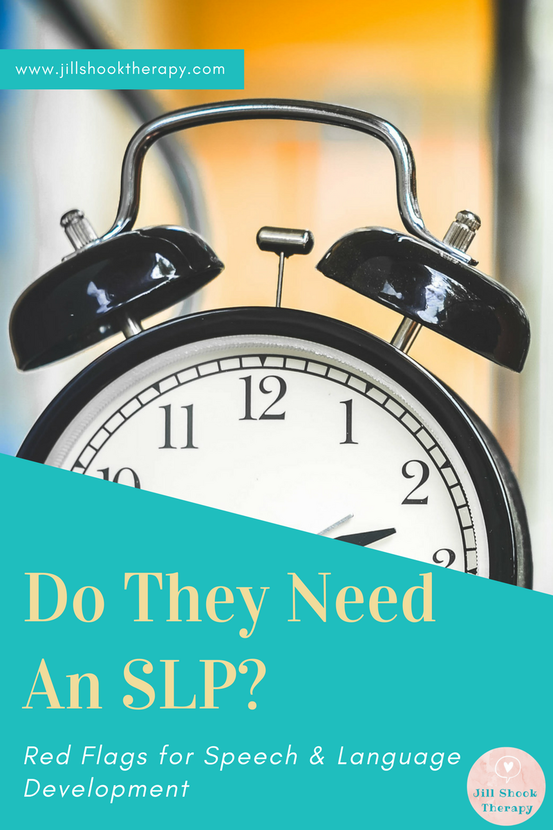
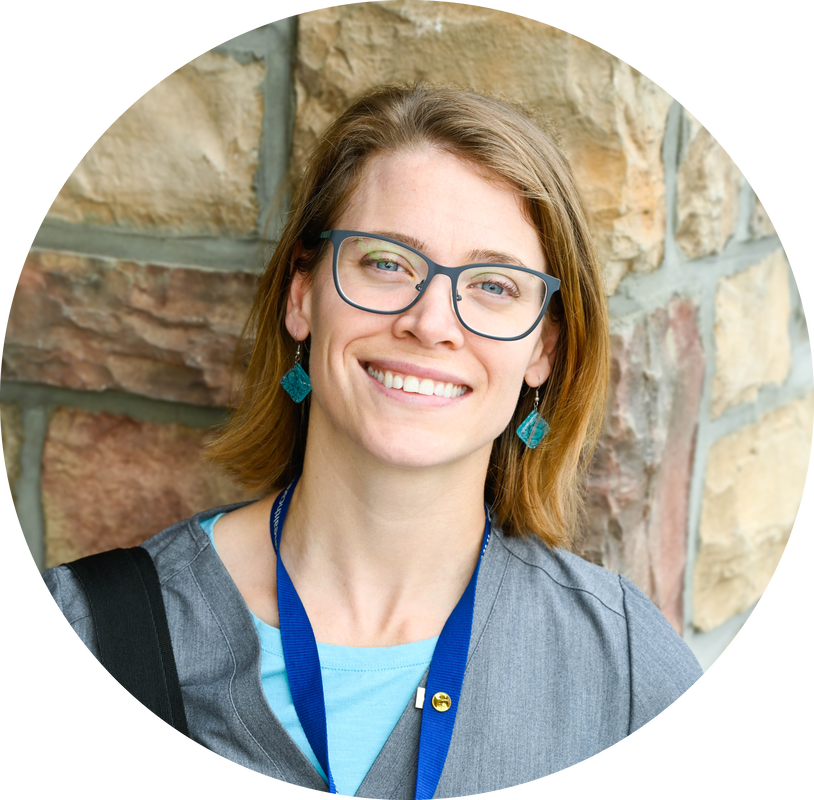
 RSS Feed
RSS Feed